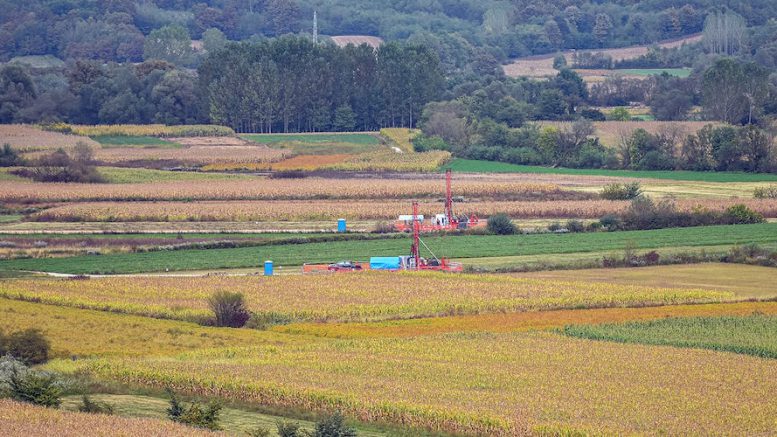Rio Tinto (NYSE: RIO; LSE: RIO; ASX: RIO) could be back in the running to develop Europe’s top lithium mine after a Serbian court ruled the government unlawfully revoked the miner’s Jadar lithium project permits.
The Serbian Constitutional Court ruled on Thursday that the government’s 2022 decision was unconstitutional.
Belgrade revoked licences for the Australian miner’s US$2.4-billion project in western Serbia in January 2022 after massive protests by environmental groups over the proposed mine.
Between 2021 and 2022, Serbian environmentalists collected 30,000 signatures in a petition demanding that parliament enact legislation to halt lithium exploration in the country.
“The government overstepped the limits of its competence by adopting the regulation in a manner that is not in accordance with Article 3 of the Constitution and the provisions of the Law on Government and the Law on Environmental Impact Assessment,” Serbia’s top court ruling said.
Green activists have repeatedly warned that the mining projects will cause more pollution in Serbia, already one of Europe’s most polluted countries.
On Thursday, several hundred protesters gathered in front of the Constitutional Court building, demanding a halt to the lithium exploration which they say is bad for the environment.
Biggest lithium mine
If completed, the Jadar project would be Europe’s biggest lithium mine, with a production of 58,000 tonnes of refined battery-grade lithium carbonate per year, enough to power 1 million electric vehicles and supply 90% of the continent’s current lithium needs.
Jadar would also propel Rio Tinto onto the world’s top 10 lithium producers podium.
In an emailed statement, Rio Tinto told Reuters that it welcomed the decision and believed the project has the potential to be a world-class lithium-borates asset and spur new industry in Serbia.
Shares of Rio Tinto rose 0.5% by 12:10 p.m. EDT. The miner has a market capitalization of US$110 billion.


Be the first to comment on "Serbian top court clears path for Rio Tinto’s Jadar lithium project"